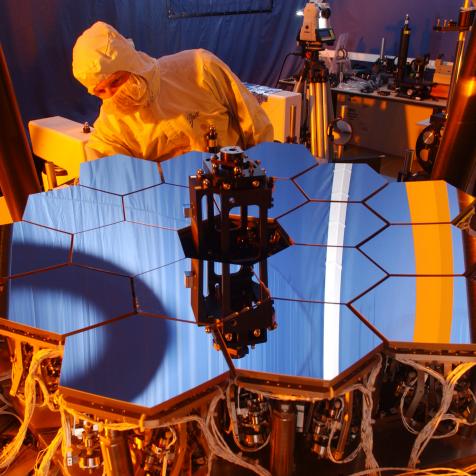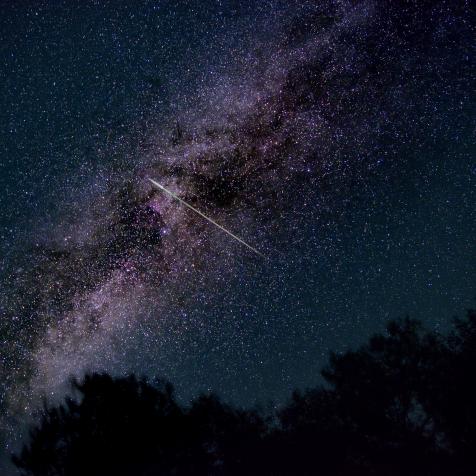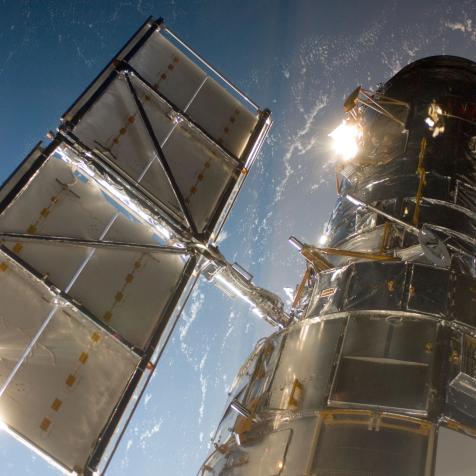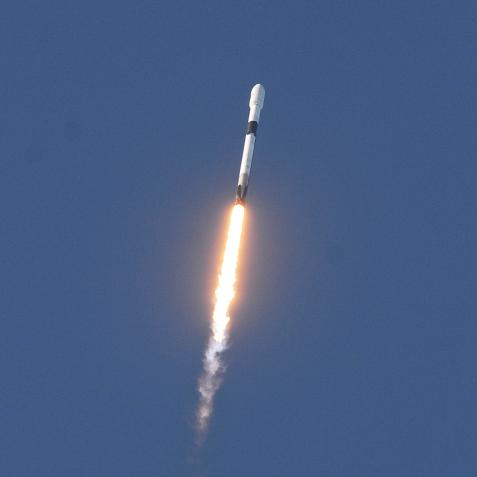
SEBASTIAN KAULITZKI/SCIENCE PHOTO LIBRARY
Want the Ultimate Off-the-Grid Challenge? Try Mars

Mars is the ultimate off-the-grid experience--far grittier, far harder, and far… redder than even the most remote locations on planet Earth. Let’s break down some of the challenges that people will have to face in order to survive and thrive on our neighbor in the solar system.
Elon Musk, the CEO of Tesla and SpaceX, really wants to go to Mars. As in, actually live the rest of his days (which would presumably be more than one) on the red planet. In fact, the stated goal of his SpaceX company is to design, build, and launch the tickets necessary to enable a colony on Mars. Let’s break down some of the challenges that Musk and co. will have to face in order to survive and thrive on our neighbor in the solar system.
Distance
On the Earth, no matter how far off the grid you are, you’re never more than a few thousand miles away from anything else. Take, for instance, the Amundsen-Scott Research Station located at the Earth’s literal south pole. A few dozen people live there doing some pretty cool fundamental research. It’s about as off-the-grid as you can get and still call yourself an Earthling, and it’s a mere 850 miles away from McMurdo, the main coastal base/town in Antarctica. But Mars? Mars is on average 47 million miles away. Our best rockets take about nine months to just to get there and that’s only every two years when our orbits line up. Mars isn’t off the grid, it’s off the map.
No Air

Derek Berwin
I mean, there’s some air on Mars, but you’re not going to like it. Go wherever you want on the surface of the Earth, as far away from human civilization as you like, and you can still count on a good old fashioned breath of fresh O2 to fill your lungs. You simply don’t have to worry about it. Even mountain climbers on Everest can get some air. But Mars? Mars has only a feeble 1% of the air pressure of the Earth, and it’s not made of friendly oxygen or even neutral nitrogen. The air on Mars is almost entirely carbon dioxide, which isn’t too friendly to animals like us. So even if you could breath it, you wouldn’t want to.
No Water
At least, not the liquid kind. But there is plenty of frozen water at the poles of Mars and likely under the surface. So at least in this one respect, the red planet gets a slight advantage over, say, the middle of the Sahara.
No Sun
Yes, Mars does get a dose of sunlight during its 25-hour day (and you bet that the extra hour every day is going to mess with your daily routine), but it only reaches a peak of about 60% of what the Earth gets – and usually less. Since there are no fossil fuels on Mars and no handy nuclear fuels (and also no opportunity for air turbines or windmills), solar power is the only power on that planet. You better pack some extra photovoltaic cells, because you’re gonna need them.
No...

Westend61
There are some advantages of Mars being a bit smaller than Earth, resulting in a surface gravity only 40% of what we’re used to. For example, if you drop your fork, it will fall slowly enough for you to catch it. And trampolines are going to be 2.5x more awesome. But that lack of gravity can seriously mess with your heart, bones, and circulatory system. You better hit the gym every day (and likely stay there for a good chunk of every day) if you ever hope to return to regular-gravity Earth. Otherwise, you’ll just be a blob.
Nothing.
If you’re a fan of vast, endless expanses of slightly red sand, then Mars is your paradise. But if you prefer sandy beaches, loamy soil, bountiful mineral deposits, or literally anything else, then Mars is going to disappoint. The surface of Mars lacks just about everything useful needed for the modern civilized society, meaning that if you want it on Mars, you have to bring it to Mars. All 47 million miles, no cheating.
Have fun.






















